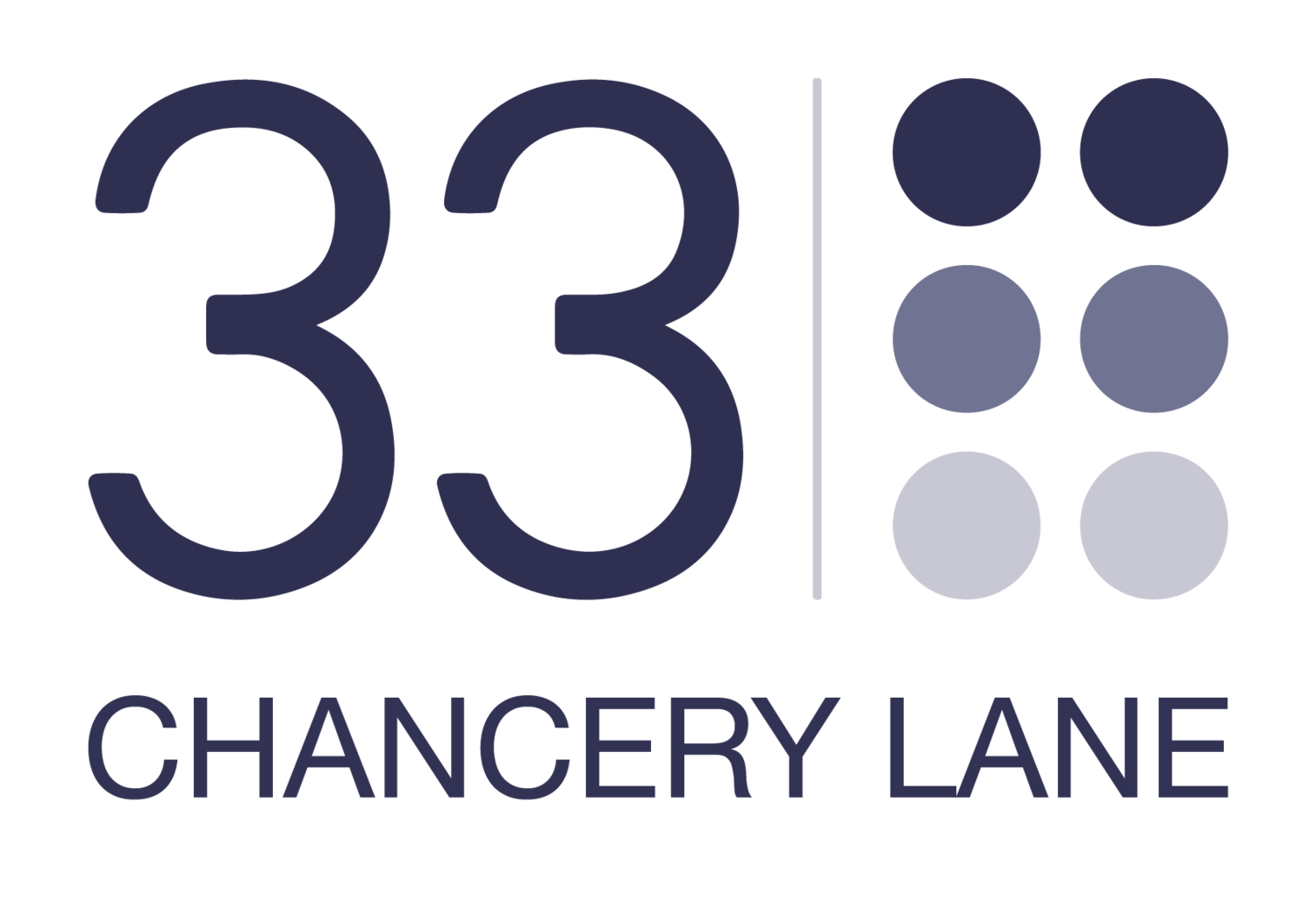Discrimination
Every individual should be accorded equal dignity and respect and be judged on merit and ability alone, free from prejudice, treatment based on prejudice, or assumptions of collective characteristics. Our policy is a framework for the promotion of equal opportunities and the internal resolution of complaints involving members of Chambers, pupils or members of staff.
DEFINING DISCRIMINATION
A member of Chambers, whether tenant, door-tenant, pupil or member of staff must not act in relation to another member of Chambers, to a present or aspiring member of the Bar or to a lay or professional client in a manner which directly or indirectly is either discriminatory, consists of harassment or victimises that person on grounds of sex, race, colour, ethnic or national origin, nationality, citizenship, gender, sexual orientation, age, marital status, disability, religion or political persuasion.
DIRECT DISCRIMINATION
Direct discrimination consists of treating such a person less favourably than others are, or would be, treated in the same or similar circumstances.
INDIRECT DISCRIMINATION
Indirect discrimination occurs where four conditions are met: a) a requirement or condition is applied equally to all but a considerably smaller proportion of a relevant group, than of the other persons to whom it applies, can comply with it, b) the particular individual cannot comply with the requirement, c) it results in a detriment to them, and d) the requirement cannot be shown to be objectively justifiable in spite of its discriminatory effect.
DISABILITY EQUALITY
Chambers seeks to avoid disability discrimination by dealing with all individuals as equals and engaging a flexible approach to their needs. Reasonable steps and adjustments will be taken to accommodate individuals’ capabilities to make our services more accessible, whether relating to premises or working arrangements. We encourage members of Chambers, staff and clients to inform us of the nature and effects of any disability at the earliest opportunity in order that we may take steps to accommodate them.
COMPLAINTS
Conduct or concerns in relation to discrimination should be referred to the Equality and Diversity Officers, who will provide advice or support as requested and will undertake any investigation necessary to resolve the matter in accordance with the Internal Complaints Procedure . In the event that the complaint relates to either of the Chambers Equality and Diversity Officers, it shall be raised with Martin Adams, the Practice Director.
A formal complaint should be made in writing. Within one week of the receipt of the complaint an investigation of the allegation will be made and completed within 14 days, unless there are good reasons for delay (which will be communicated to the complainant).
Investigations will be conducted in accordance with standards of natural justice. Where possible, two members of Chambers not directly involved in the complaint will undertake the investigation.
All parties to the complaint will be permitted to be accompanied by a colleague or friend at any hearing. Where possible, two members of Chambers not directly involved in the complaint and the Head of Chambers will form the panel for any hearing.
If the allegation is upheld, appropriate remedial actions will be taken. Such remedial actions may include referral to the Bar Standards Board in appropriate cases.
